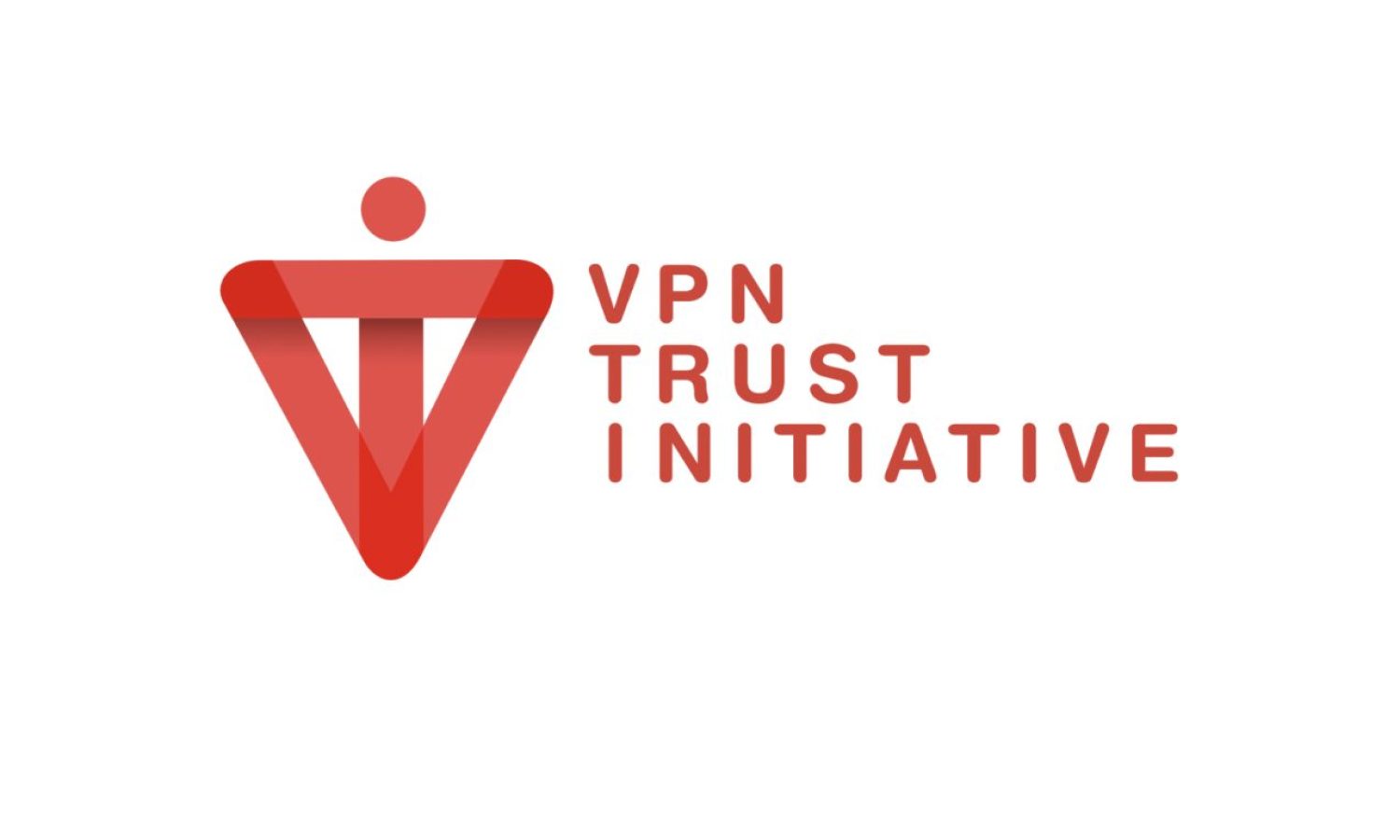Benefits of VPNs
Welcome to Part 2 pf the VPN Trust Initiative’s three-part explainer on virtual private networks, how they work, and what they’re used for. This time we’re exploring the benefits of VPNs. You may also be interested in Part 1 (How VPNs work) and Part 3 (Types of VPNs and FAQs). This series is delivered by the VPN Trust Initiative (VTI) is a consortium of leading VPN providers focused on improving digital safety for consumers by building understanding, strengthening trust, and mitigating risk for VPN users.
What can a VPN do for you?
VPNs enhance your security
This is the number-one use case for VPNs. As your data makes its way across the Internet, it faces a wide range of threats, as if it were walking alone through the jungle at night. Your data, as well as customer or client data that you’re responsible for, needs plenty of protection out there. This is where VPNs come in:
- Security Assurance: By encrypting internet traffic, modern VPN services add an additional layer of protection from certain cyber threats and phishing. It’s especially useful if you use public Wi-Fi, as it poses more threats than your home network.
- Enhanced Cybersecurity Features: Advanced VPNs now include features like ad-blocking, malware protection, and enhanced firewalls.
- Corporate Security: VPNs are invaluable in remote and hybrid work models, providing secure access to corporate networks and resources.
- Secure Remote Access: VPNs enable secure remote access to corporate networks, which is crucial in today’s increasingly mobile and remote workforce. Employees can safely access sensitive data and internal resources from anywhere, maintaining productivity while ensuring data security.
- Data Protection: Businesses handle sensitive information, including customer data, intellectual property, and confidential internal communications. VPNs encrypt this data, safeguarding it from unauthorized access, interception, and breaches, which is essential for maintaining trust and credibility.
- Network Scalability: As businesses grow, so does the need to securely connect multiple offices or remote workers. VPNs allow for easy scalability of network infrastructure without significant investments in hardware or software.
- Global Connectivity: Businesses operating internationally can face geo-restrictions or censorship issues. VPNs help bypass these barriers, ensuring uninterrupted access to necessary online resources and global markets.
- Regulatory Compliance: Many industries have regulations mandating the protection of sensitive data (like HIPAA in healthcare or GDPR in Europe). Using VPNs helps businesses comply with these regulations by securing data in transit and providing audit trails.
VPNs help Internet users overcome oppressive censorship
Many people in the world do not have access to a safe or free Internet. The reality is that if they want access to accurate news or the ability to express themselves without government repercussion, they need to use a VPN.
- Access to Information: VPNs enable access to content and information that may be censored, promoting the free flow of information.
- Promoting Freedom of Expression: VPNs enable access to information and platforms in regions with restricted internet, fostering global connectivity and freedom of speech.
VPNs protect your privacy
On the modern Internet, if often feels like YOU are the product—so don’t just give your data away as you conduct your daily life.
- Privacy Protection: VPNs provide a level of protection, preventing third parties from monitoring online activities, ensuring that personal data remains private while in transit.
- Enhancing Digital Education: Secure access to educational resources is crucial, and VPNs facilitate this, especially in underprivileged or censored areas.
VPNs Improve online gaming
A virtual private network can make the gaming experience safer—and more fun!
- Gamer Data Protection: Online games can leak just as much precious data as surfing the web does. A VPN protects the user from data leaks and DDoS attacks.
- Improved Network Performance: Some VPNs optimize internet speed and reduce latency, facilitating smoother online experiences
Stream content safely
Your streaming content provider wants you to binge-watch your favorite shows and movies, but your Internet service provider (ISP) would sometimes rather you used a bit less data.
- Avoid ISP Throttling: Not only does a VPN keep you private when you’re watching your favorite shows online, but it can also help overcome ISP throttling. The result — a secure and buffer-free viewing experience.
Reduce price discrimination
Where you are can impact the prices you pay when shopping online. Does that sound fair to you?
-
- Avoid location-based pricing: Some websites use your location and cookies to tailor prices for their goods or services. With a VPN, you can avoid such marketing practices and save a buck when shopping online.
- Avoid location-based pricing: Some websites use your location and cookies to tailor prices for their goods or services. With a VPN, you can avoid such marketing practices and save a buck when shopping online.
You’ve now deepened your understanding of virtual private networks by exploring a range of use-cases. Next up is Part 3: Types of VPN and FAQs.
About the VTI and i2Coalition
The VTI is an initiative of the i2Coalition, the leading voice for web hosting companies, data centers, domain registrars and registries, cloud infrastructure providers, managed services providers, and related tech. The mission of the i2Coalition is to keep the Internet open as an engine for growth and innovation. We work with Internet infrastructure providers to advocate for sensible policies, design and reinforce best practices, help create industry standards, and build awareness of how the Internet works.
If you are part of the Internet infrastructure industry, we invite you to join us.

